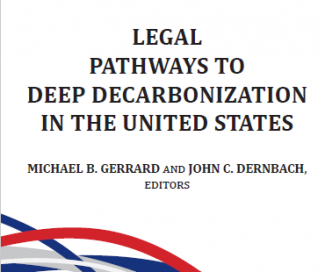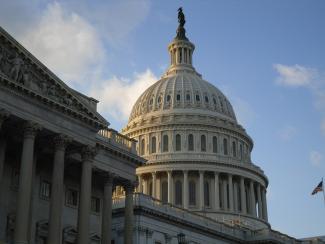Maps, Mistakes, and Murder: Is Carpenter the Most Critical Environmental Case This Year?

Several cases before the U.S. Supreme Court this term touched environmental law, ranging from jurisdictional disputes over a state’s right to ban uranium mining to whether state or federal laws apply when hunting moose from a hovercraft along an Alaskan river. An unusual amount of cases navigate the intersection of environmental regulations and tribal sovereignty, the Court so far siding with tribes on the issues of state fuel tax exemptions and hunting rights. One pending case, Carpenter v. Murphy, is not explicitly environmental, but the answer to its core question has potentially seismic environmental implications: is the eastern half of Oklahoma still, technically, an Indian reservation? While the case primarily involves criminal jurisdiction, the degree to which the Court accepts or rejects this question may alter taxation, regulation, and even ownership of one of the most energy resource-rich regions in the country.








